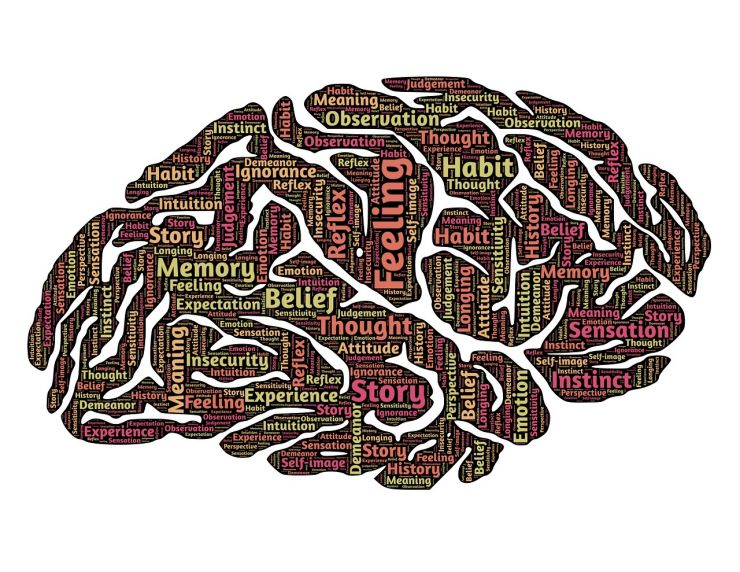Part 1: How Insufficient Sleep is Affecting Your Memory.

We always feel better when we get a good night's rest. Adequate sleep gives the body the opportunity to get rested and recharged. It appears that adequate sleep may also be vital to the ability of the brain to learn and access memory. While we sleep and the body is at rest, the brain forms memories processed from the day's experiences.
Sleep plays a very important role in learning and memory, according to behavioral studies and imaging that is being carried out. It is believed that learning and memory are affected by sleep in two ways.
Our ability to stay focused and learn efficiently is impaired by a lack of sufficient sleep.
For a memory to stick so that it can be accessed and recalled in the future, sleep is imperative.
Memories are categorized into three different types. We have those that are fact-based, such as recalling names of a series of things, like the names of European countries. Other memories are based on life events (episodic), like the first time you sat behind the wheel of a car. And then there are memories that are instructional or procedural, (and seem to be stored at least partially in muscle memory) such as how to type, or knit or crochet, or play a guitar.
There are three functions that need to occur in order for something to get stored in memory:
- Acquisition -- a new learning or a new experience is introduced
- Consolidation -- the new memory gets stabilized within the brain
- Recall -- a memory (conscious or unconscious) is able to be recalled (accessed) in the future
Each of these functions is necessary for memory to successfully take place.
It is while we are awake that the functions of acquisition and recall take place. But for consolidation of a memory (of any type), it is believed by researchers that sleep is required, during which neural connections that create memories are strengthened. The process is not fully understood but some researchers believe that specific brainwave characteristics at the various sleep stages are linked to particular types of memory formations.
The brain struggles to absorb and recall new information without adequate sleep.
Adequate sleep is needed for good physical reflexes and fine motor skills. It is also needed in having good judgment. Sleep-deprived participants in one study thought they were correct when they were actually wrong.
In memory testing studies, people who have a nap or a single night of good sleep perform better on tests, doing physical activity or playing music.
It is not well understood how exactly sleep helps memory. Scientists think it involves the hippocampus and neocortex of the brain. This is the part where storage of long-term memory takes place. It is believed that while the subject is sleeping, the day's events are replayed by the hippocampus where they are reviewed and processed by the neocortex, for long-term memory.
What we do know though, is that a well-rested brain retains AND recalls information better. So this means all-nighters studying is not nearly as effective as regular study. Something to chew on.
Happy Zzz's...
